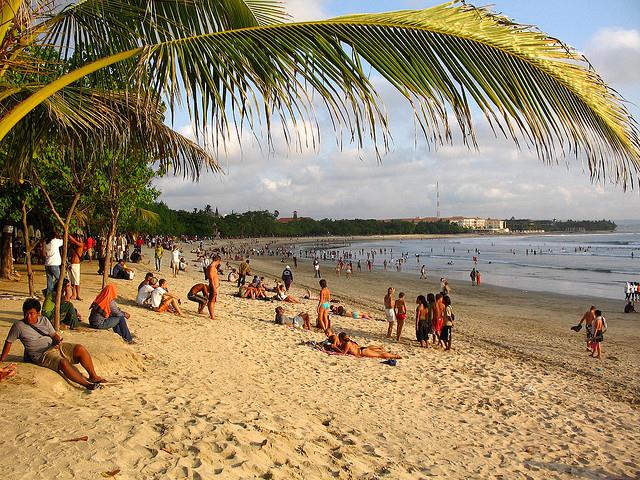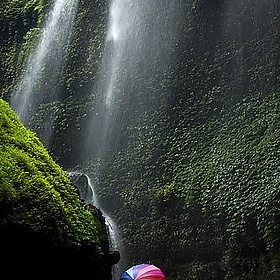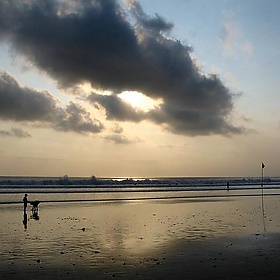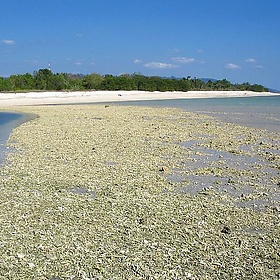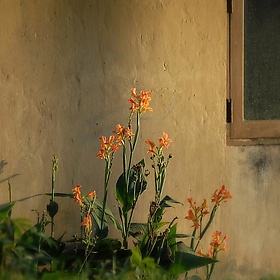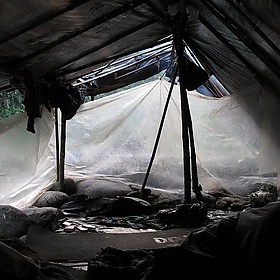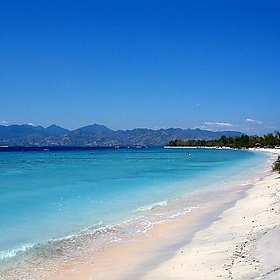Indonesia
Indonesia comprises is the world's fourth largest ountry by population. The nation's capital city is Jakarta. The country shares land borders with Papua New Guinea, East Timor, and Malaysia. Other neighboring countries include Singapore, Philippines, Australia, Indonesia border, and the Indian territory of the Andaman and Nicobar Islands.
The Indonesian archipelago has been an important trade region since at least the 7th century, when Srivijaya and then later Majapahit traded with China and India. Local rulers gradually absorbed foreign cultural, religious and political models from the early centuries Common Era, and Hinduism in Southeast Asia and Buddhism kingdoms flourished. Indonesian history has been influenced by foreign powers drawn to its natural resources. Muslim traders brought Islam, and European powers brought Christianity and fought one another to monopolize trade in the Spice Islands of Maluku Islands during the Age of Discovery. Following three and a half centuries of Dutch East Indies, Indonesia Indonesian National Revolution after World War II. Indonesia's history has since been turbulent, with challenges posed by natural disasters, corruption, separatism, Post-Suharto era, and periods of rapid economic change.
Why visit?
- Indonesian cuisine is a delicious mix of Chinese, Indian, and local flavors. From the spicy sambal to the sweet and savory rendang, Indonesian food is sure to tantalize your taste buds.
- Indonesia is home to some of the most unique attractions in the world. From the ancient Borobudur temple to the stunning Ijen crater, Indonesia is a must.
- Indonesia is home to some of the most unique and diverse wildlife in the world. From the Komodo dragons of Komodo National Park to the orangutans of Tanjung Puting National Park, Indonesia is a wildlife lover's paradise.
